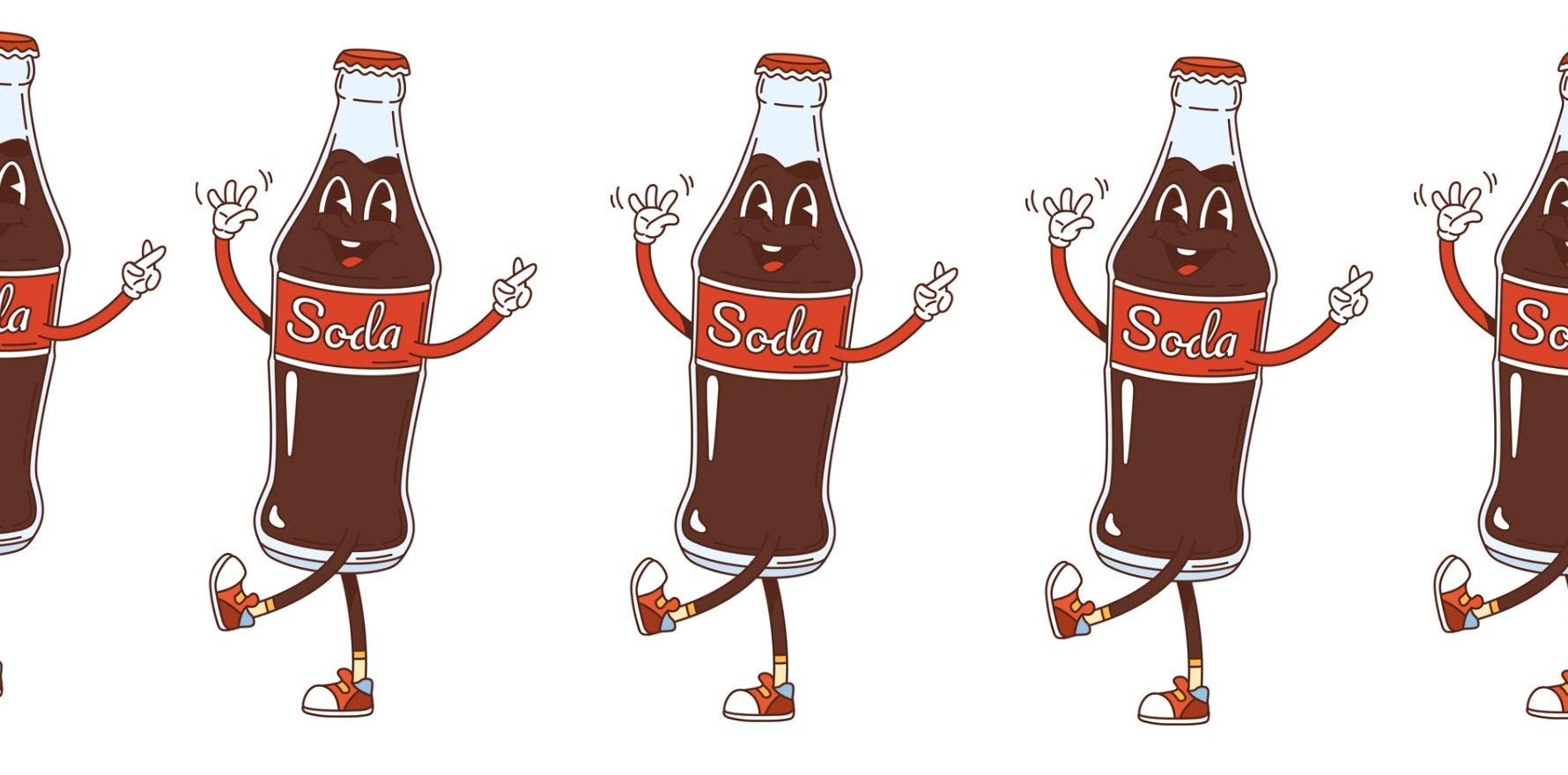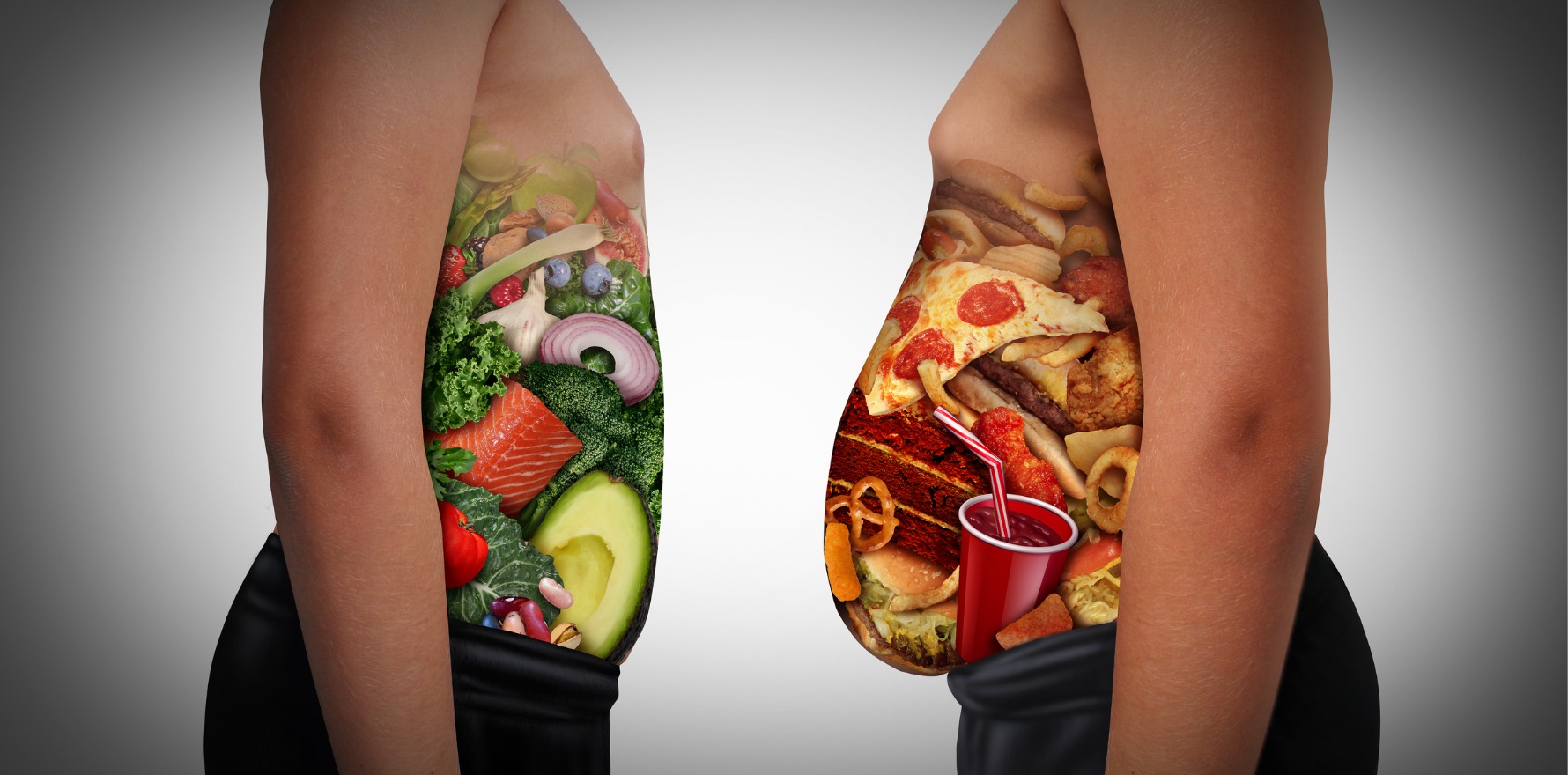Reaching for a low- or no-sugar soft drink won’t do your liver any favours.
High levels of soft drink consumption – regardless of its sugar content – is associated with developing liver disease, new research suggests.
Metabolic dysfunction-associated steatotic liver disease (MASLD) is the most common cause of chronic liver disease and significantly contributes to liver-related deaths.
Poor dietary habits have previously been linked to MASLD. Now, a recent conference presentation suggests that low- or non-sugar-sweetened beverages (LNSSB) and sugar-sweetened beverages (SSB) are linked to an increased risk of MASLD.
“SSBs have long been under scrutiny, while their ‘diet’ alternatives are often seen as the healthier choice. Both, however, are widely consumed and their effects on liver health have not been well understood,” said Lihe Liu, a graduate student from the First Affiliated Hospital of Soochow University, Suzhou, China and first author of the study.
“Our study shows that LNSSBs were actually linked to a higher risk of MASLD, even at modest intake levels such as a single can per day.
“These findings challenge the common perception that these drinks are harmless and highlight the need to reconsider their role in diet and liver health, especially as MASLD emerges as a global health concern.”
The new research, presented earlier this month at the annual United European Gastroenterology Week in Berlin, utilised data from over 120,000 participants in the UK Biobank database.
Related
All individuals did not have liver disease at baseline. Beverage intake was assessed using a series of repeated dietary questionnaires. The median follow-up was 10.3 years, with 1178 participants developing MASLD and 108 dying from liver-related causes.
Participants who consumed more than 250g/day of LNSSB were 60% more likely to develop MASLD (hazard ratio 1.60; comparator group not stated), and higher LNSSB consumption was also linked to an increased risk of liver-related death (statistical output not reported.
Participants who consumed more than 250g/day of SSB were 47% more likely to develop MASLD (HR 1.47), but SSB consumption was not linked with liver-related death.
Liu explained that SSBs “can cause rapid spikes in blood glucose and insulin, promote weight gain and increase uric acid levels, all of which contribute to liver fat accumulation”, while the NLSSBs “may affect liver health by altering the gut microbiome, disrupting the feeling of fullness, driving sweet cravings and even stimulating insulin secretion”.
Limiting intake of both SSBs and NLSSBs could be used to prevent liver disease and improve cardio-renal-metabolic health, according to Liu and her colleagues. Switching out the bubbly beverages with water reduced the risk of developing MASLD by 13% and 15%, respectively, they said.
“The safest approach is to limit both sugar-sweetened and artificially sweetened drinks. Water remains the best choice as it removes the metabolic burden and prevents fat accumulation in the liver, whilst hydrating the body,” they wrote.





